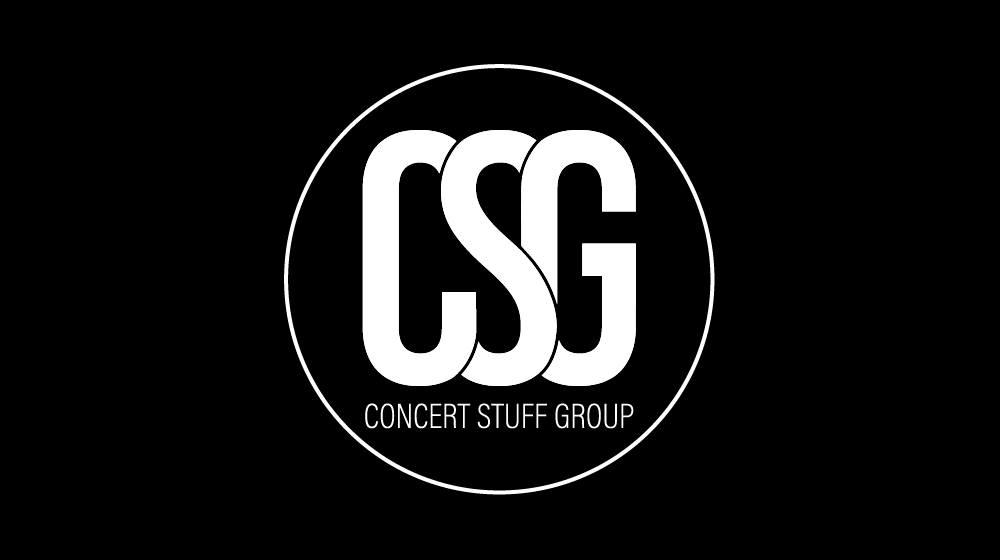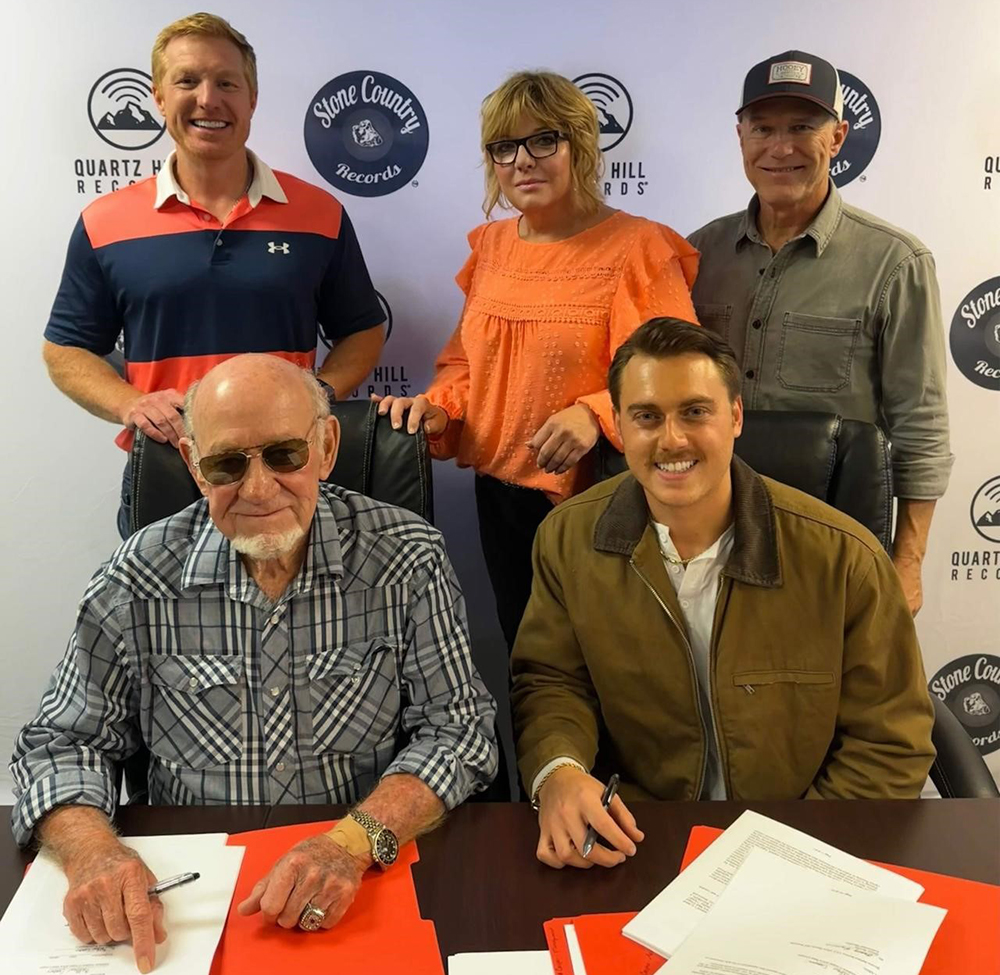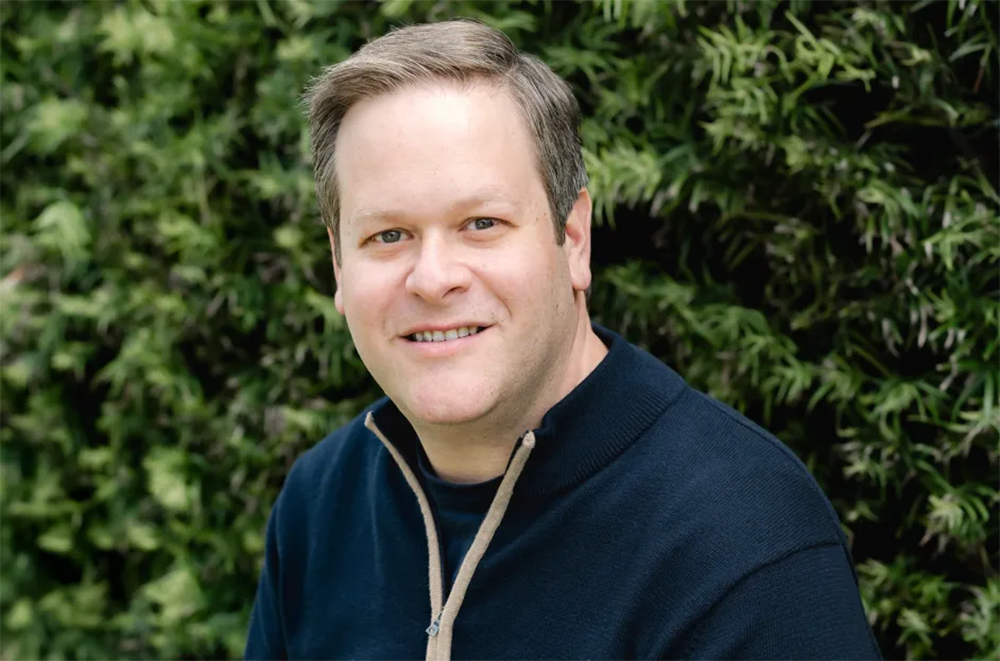
I get this magazine "The Week". I just started getting it, I'm not sure I can recommend it, I decided to take the plunge when my "Newsweek" subscription ran out, since "Newsweek" changed its formula from survey to analysis I've felt a void, I want a weekly magazine that can catch me up quickly on all the stories I might have missed or were too dense for me to spend time with, that's what I used to use "Newsweek" for, previously I employed "Time", but "Time" became so generic I switched, after encountering "Newsweek" in the shrink's office every week and realizing it was better.
And just about the final article in the issue I was just finishing, actually entitled "The Last Word", was about procrastination, it was originally published in "The New Yorker", did you read Joyce Carol Oates's story about her husband's death, I get the magazine, but I missed this. And I'm not sure you can't miss it too. But there was this one teeny-tiny episode, a paragraph that struck me, it was about General George McClellan, leader of the Union troops in the Civil War.
Now I'm gonna quote the whole thing for context and because we've become fascinated with the war between north and south, certainly ever since Ken Burns's documentary, which Russ Titelman once told me was the best TV show ever, and I'm not disagreeing, then again I need room for "The Sopranos" and "Seinfeld", originally "The Seinfeld Chronicles", I watched from the first episode, I was a fan, especially after seeing Jerry do his supermarket routine on TV, you do know why they call it the "check out" line don't you, but now it appears Larry David is the genius and Seinfeld is just another journeyman, it takes time to evaluate worth.
Anyway:
"Gen. George McClellan, who led the Army of the Potomac during the early years of the Civil War, was considered a military genius, but he soon became famous for his chronic hesitancy. In 1862, despite an excellent opportunity to take Richmond from Robert E. Lee's men, he dillydallied and missed his chance. Later that year, both before and after Antietam, he similarly squandered a two-to-one advantage over Lee's troops. Afterward, Union Gen.-in-Chief Henry Halleck wrote, 'It requires the lever of Archimedes to move this inert mass.'"

That's the history. The following is why I'm writing this:
"McClellan was, in ways, a classic procrastinator. He was unsure that he could accomplish the tasks before him. And he was given to excessive planning, as if only the perfect strategy was worth doing. Lack of confidence, sometimes alternating with unrealistic dreams of heroic success, often leads to procrastination; rather than risk failure, procrastinators create conditions that make success impossible."
Whew!
The Beatles cut those records in a day. Well, not all of them. But a bunch. Some of the most classic albums ever were cut in a week. Didn't it only take them that long to cut the first Zeppelin record? They needed it done, to go on tour.
Let's not confuse business with art. Labels always want the product sooner. Well, at least they did, Joe Smith was willing to bonus the Eagles to deliver "The Long Run" early. Now labels want you to wait, they want to squeeze the last dollar out of what you've delivered before they start again.
But it's worse. If you're a new act, they don't want to put out the album until you've got the single! Which they'll make you work with the usual suspects to deliver, to the point where you end up putting out something generic, which will ride the charts but then evaporate, just like your career.
But screw the labels, they're evaporating anyway. I'm concerned with the artists. And the old artists, the classic artists, are so busy trying to get it right that they don't do anything. It's no longer about polishing to excellence and bequeathing upon the populace, now it's about finishing it, getting it out, and then doing more. The heroic success is damn near impossible, why are you playing this game?
It hurts to create crap. But oftentimes you've got to make crap to get to the good stuff. You've got to oil the gears, get loose, then something of quality pops off. And so much of the great stuff literally popped off. "Satisfaction"… The Stones didn't work on it for years, Keith Richards got the riff in a dream.

The Internet flattens distribution. Everybody can get their stuff out there, cheaply, it's just hard to get noticed. Therefore, the oldsters think it's about marketing. Getting the perfect product and hyping it to high hell. But it's really the opposite, it's about releasing tons of imperfect product and then letting it marinate in the marketplace, waiting to be discovered, if it's good.
Don't equate quick and plenty with crap. It's about throwing off your fear, your inhibitions, and being able to create. Today if Moses came down from the mountaintop, too many people would be busy on their smartphones to notice the Ten Commandments. But maybe there'd be a video and millions would watch on YouTube for a day or a week and then it would be WHAT HAVE YOU DONE FOR ME LATELY?
The Ten Commandments made quite a splash. Big enough for Moses to be remembered as a one hit wonder if he'd done nothing else. But if you're a one hit wonder in the artistic world, you can't make any real money, you don't have a career. And a hit just ain't what it used to be.
Don't create before you're ready. Then again, if you write a song every day, your chops will be honed. That's what the Brill Building people did, they wrote all day, a lot of it was crap, but they created so many classics.



























































